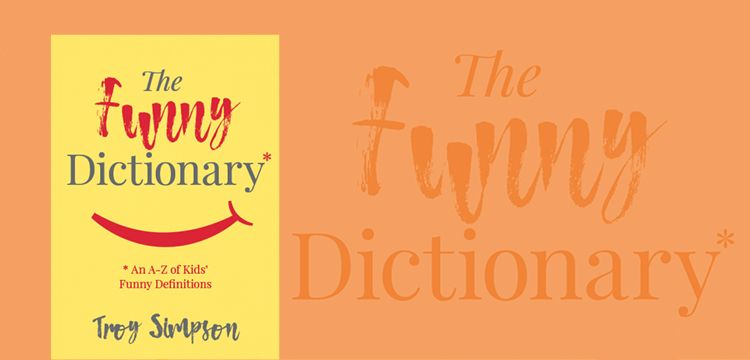
Our future generation is redefining politics.
10 Funny Definitions from The Funny Dictionary
Politics confuses many of us, even for politically astute Canberrans. Spare a thought for these kids who were asked to define various words and concepts concerning politics and government.
These funny definitions come from my new book, The Funny Dictionary: An A-Z of Kids’ Funny Definitions, published by the National Library of Australia. The book will be launched at the National Library on 16 October 2018 by Emeritus Professor Michael Coper AO, with Mark Parton MLA taking the role of Master of Ceremonies. The RiotACT’s Tim Benson will provide the music with his M3 jazz trio. The event is free and includes refreshments. Book your free tickets from the National Library.
When Julian Burnside QC read an early version of The Funny Dictionary, he explained: “The Funny Dictionary is a delightful collection of harmless blunders in language, all committed by people who, leaning out as far as they can over the edge of an exam question, fall heavily to the ground. This is a collection of the splatter-marks they left.”
For RiotACT readers, here are the 10 funniest definitions on politics from The Funny Dictionary.
1. A Green Conservative?
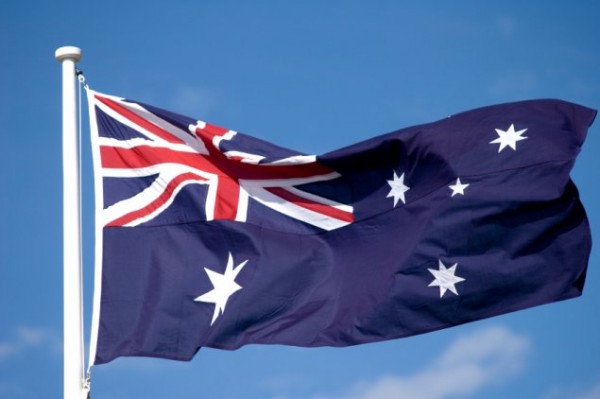
Conservatives might feel hot under the collar after reading this..
When asked to define a conservative (a politician usually associated with the right of politics), this kid mixed up conservative with conservatory. A conservative, the child wrote, “is a large greenhouse, full of hot air.” Some might unkindly argue he definitely got the ‘full of hot air’ part right.
2. Let’s Party!

Those socialists are a bunch of party animals!
To prove The Funny Dictionary pokes fun at both sides of politics, the book includes this definition of a socialist (someone who advocates social or collective ownership of the means of production and distribution of goods). Focusing on the ‘social’ part of the word, the school child defined socialist as “a man who goes to parties all the time”. The definition reminds me of the short-lived joke political party in the ACT, the Party! Party! Party! Party.
3. A High Wire Act

Aristocrats are certainly flying high in society…
You will more likely find aristocrats among conservatives than socialists. An aristocrat is a member of the privileged upper class; the ‘elite’. Some aristocrats like to flaunt their status, at least according to the boy who defined aristocrat as “a man who performs tricks on the stage”. The child was, I assume, thinking of acrobat. Or was he?
4. Give Peace a Chance
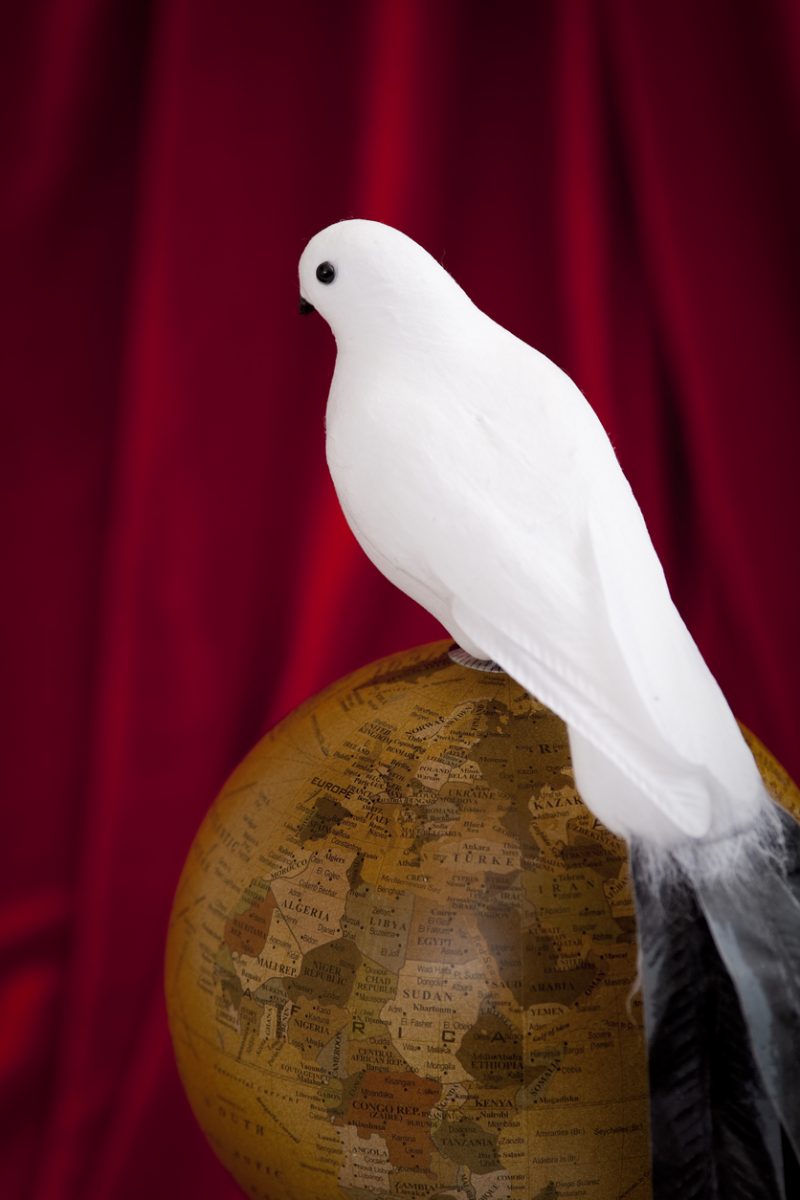
A global definition of peace, if I’ve ever heard one.
I don’t know many modern-day pacifists — pacifist meaning someone who believes that war and violence are unjustifiable. Much more common is this version of pacifist: pacifist, the child wrote, “is a person who has been over the Pacific Ocean”. Yay! I am a pacifist!
5. A Balancing Act
When a small group in Parliament has the deciding vote, they are said to hold the balance of power. This kid took the concept to a different place entirely, when he defined balance of power as “making a battery stand up straight in your hand”. Doesn’t seem like a stable situation to me.
6. Not Dead Yet
In the Australian context, a caucus is usually associated with the Australian Labor Party (ALP), comprising all the elected members of the ALP, which meet to discuss policy, the election of leaders and Ministers when in government, disciplinary measures, and strategy. It’s the equivalent of the Liberal Party’s Party Room. But this kid missed the mark entirely (well, almost entirely), confusing caucus with carcass: “A caucus is a dead animal”. Certainly, in recent times, party rooms have led to a number of near-death experiences and outright fatalities.
7. Horsing About
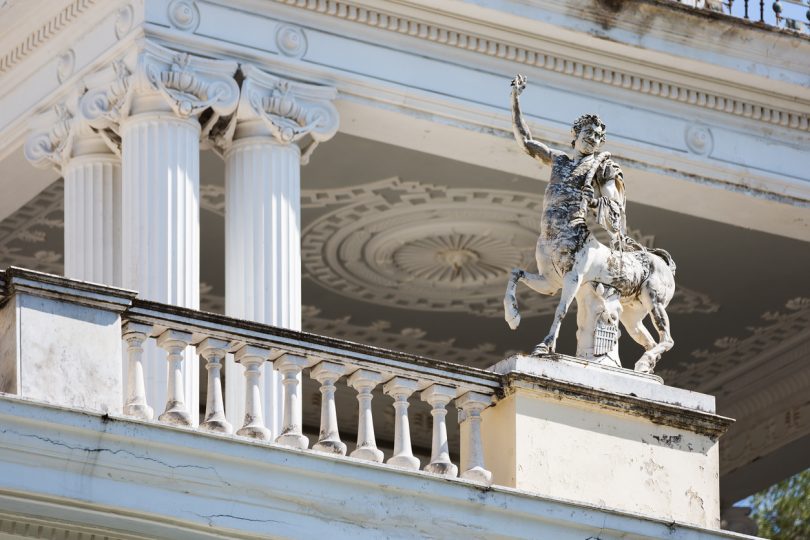
A different kind of beast that occupies the Senate.
Paul Keating once famously described the Australian Senate as “unrepresentative swill”. Among other meanings, swill is a liquid mixture of waste food that is given to animals such as pigs. According to this kid, it’s a different kind of beast that occupies the Senate. Confusing senator with centaur, the child define senator as “half-horse, half-man”. Is that why they sometimes say ‘The neighs have it’?
8. Russian to Conclusions
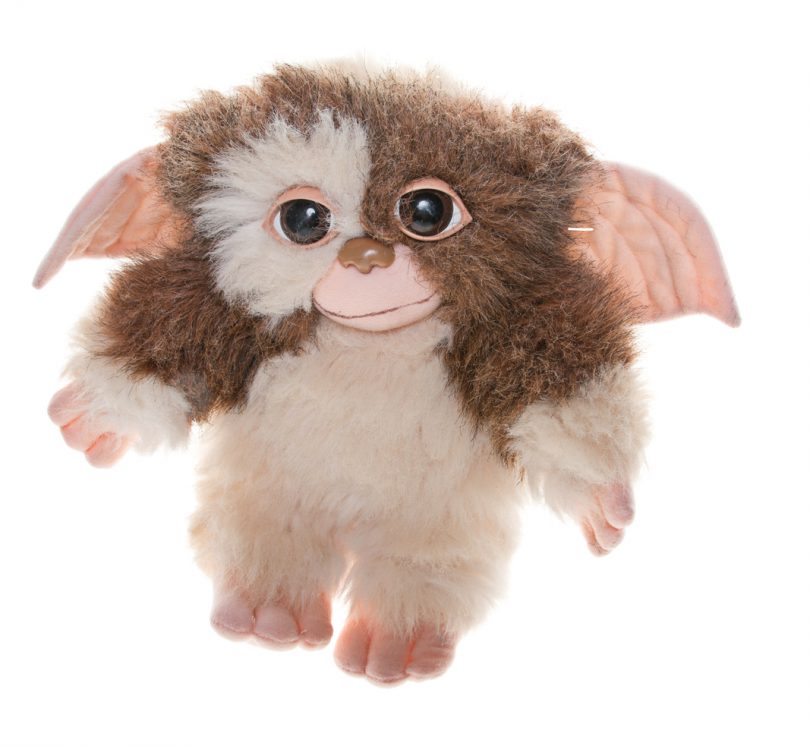
Cute and cuddly Russians?
Russian politics have been in the news a lot lately, with alleged Russian interference in US elections. The executive branch of Russian government is the Kremlin. But this kid mixed up Kremlin with crematorium: “The Kremlin is a place where people go to be cremated”. Yet another child said the centre of government in Russia was “The Gremlin”. There have certainly been a few gremlins in modern-day elections.
9. Clean Your Mouth Out

Table manners are important, no matter what side of politics you are on..
Russia, of course, was a part of the Soviet Union. When asked what a Soviet was, the child responded: “a Soviet is another name for napkin”. The child was thinking of serviette.
10. Magna the Great
In 2015, we celebrated 800 years of the Magna Carta. The Magna Carta, meaning ‘The Great Charter’, is a document that has influenced legal systems around the world. Its core message is that no-one is above the law. My expectations were a little deflated when I read the school child’s definition of Magna Carta as “She was a very good woman to the poor”. Maybe the child was thinking of the great Magda Szubanski?
The Funny Dictionary: An A-Z of Kids’ Funny Definitions includes around 40 black and white photographs from the National Library’s pictorial collections. Funny and challenging, the book will be available in bookstores from 1 October 2018. The Funny Dictionary is available for pre-order from the National Library and these other popular bookstores.












